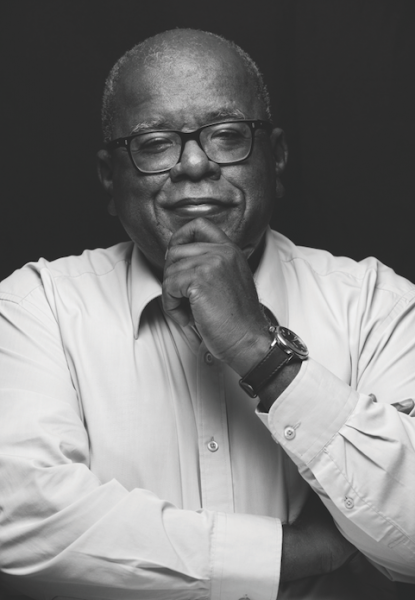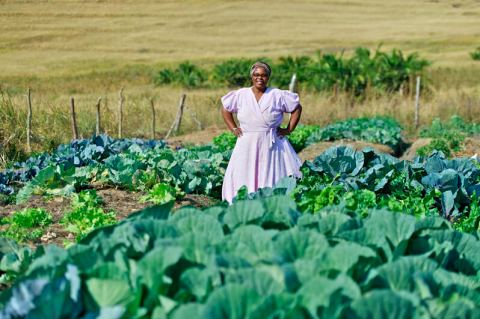The South African Schools Collection PR
Is The Coronavirus An Opportunity To Reshape South Africa’s Educational Landscape?
The education of hundreds of thousands of learners are still being affected by school closures, which are expected to continue until the end of May. Earlier this week, Basic Education Minister, Angie Motshega, briefed a Parliamentary Portfolio Committee and said more clarity on the way forward would only be given in two weeks. Brainline CEO, Coleen Cronje, says valuable academic time is being lost.
‘We understand the importance of ensuring that learners are safe when they return to school; however, many questions still remain about how the Department of Basic Education will ensure that schools in especially poor and rural communities are prepared against the health risks. In the meantime, learners are left in the cold, unable to receive education from home due to a lack of access to basic elements such as electricity and wifi,’ she says.
Cronje says now is the opportune time for basic education authorities to look at restructuring the current traditional school system by phasing in e-learning elements.
‘This could actually be an important step towards ensuring a fairer education system, as digital platforms enable the same access for learners to digital material, virtual science labs and other related innovative learning resources. E-learning and also mobile learning should be viewed as an additional learning resource that can assist in accessing learning tools,’ Cronje says.
However, Cronje admits that the quality of e-learning will be dependent on the learner’s access. It is estimated that 31.18 million South Africans have access to the internet, while there are 28.9 million active mobile users.
‘South Africans are however, more familiar with a more traditional classroom set-up but now is the time to evolve. We know President Cyril Ramaphosa in his State of the Nation Address last year said that the government wants to provide every learning with a tablet to access e-learning material. Earlier this year he also indicated that they are working with network operators to reduce the cost of data. We, however, know that the distribution of these tablets is taking time but it should be on government’s radar, more than ever before.’
Cronje says the government cannot win this battle alone and needs to focus on public-private partnerships.
‘Just in the past few weeks, we have seen learning consortiums and coalitions taking shape, with diverse stakeholders, including government, publishers, education professionals, technology providers and telecom network operators, coming together to utilize digital platforms as a temporary solution to the crisis. It is safe to say that this could become a prevalent and consequential trend to future education.’
Cronje says as an online school, Brainline has seen an influx of learners during the lockdown period. She says learners are able to access weekly online classes, provided by qualified teachers. She says the face of home education has changed significantly.
‘Home education in South Africa has experienced significant growth over the last few years. At the end of 2018, there were an estimated 100,000 home education learners in the country. Several factors have driven the growth of home education as an alternative option, ranging from increasingly sophisticated distance e-learning technology to an ever-growing network of tutors. Because it’s based on individual needs, home education can provide a safe space for children who may have found the traditional schooling environment challenging,’ says Cronje.
About 60% of the world’s population is online, however, Cronje says while virtual classes on personal tablets may be the norm in many households, scores students in less developed economies rely on lessons and assignments sent via WhatsApp or email. She says it will be therefore imperative that when classes transition online, as it is bound to, all relevant stakeholders work together to ensure that the less fortunate don’t miss out.
Brainline is IEB recognised. Learners who are enrolled with us to complete their final examinations and who fulfil the requirements for this qualification will receive their National Senior Certificate (NSC), as issued by Umalusi.
For more information visit: www.brainline.com.







 Sign-up and receive the Business Media MAGS newsletter OR SA Mining newsletter straight to your inbox.
Sign-up and receive the Business Media MAGS newsletter OR SA Mining newsletter straight to your inbox.